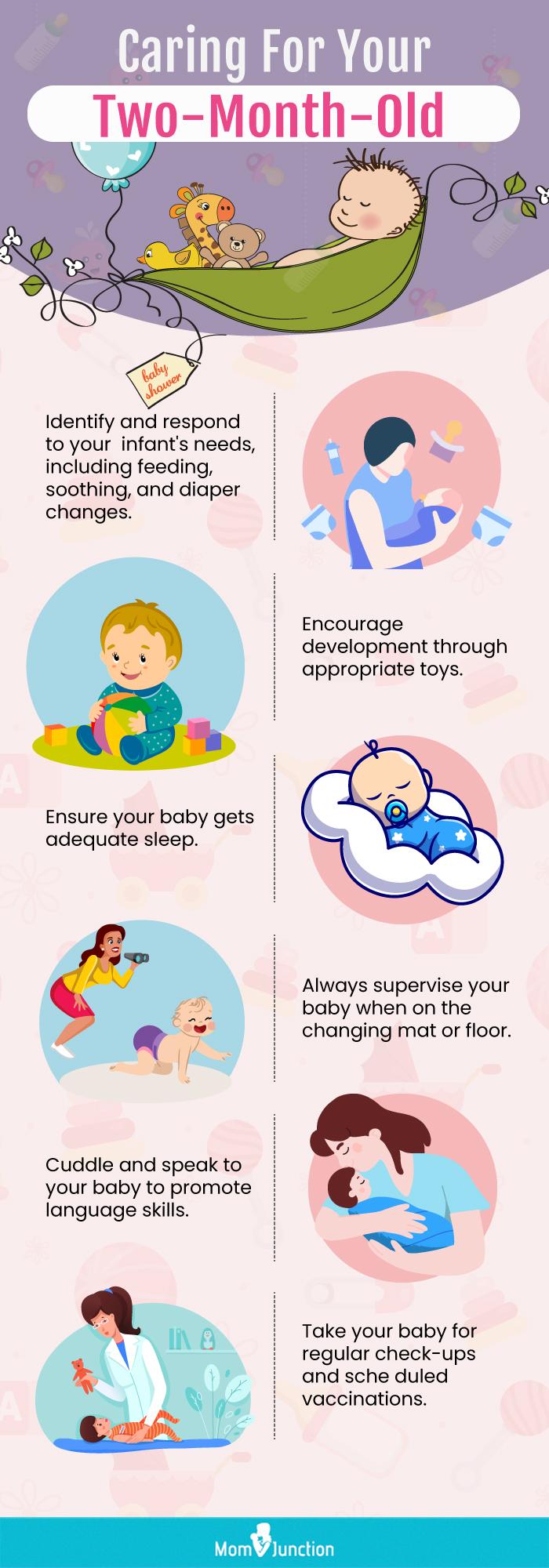
A Comprehensive Guide to Caring for a Newborn: A Step-by-Step Guide for New Parents
Introduction
The arrival of a newborn baby is a momentous occasion, filled with joy, excitement, and a wealth of responsibilities. As new parents, navigating the intricacies of caring for your little one can be both daunting and rewarding. This comprehensive guide will provide you with a step-by-step approach to ensure the well-being and development of your precious newborn.
Feeding
- Breastfeeding: Breast milk is the ideal nourishment for newborns, providing essential nutrients, antibodies, and a strong bond between mother and child. If you choose to breastfeed, seek guidance from a lactation consultant or healthcare professional to ensure proper latch and positioning.
- Bottle-feeding: If breastfeeding is not possible or desired, formula-feeding is a viable alternative. Choose a formula that meets your baby’s nutritional needs and follow the manufacturer’s instructions carefully.
Diapering
- Frequency: Newborns typically need to be changed every 2-3 hours, or more frequently if they have a bowel movement.
- Supplies: Gather clean diapers, wipes, diaper cream, and a changing pad.
- Steps: Gently lift the baby’s legs and slide the diaper underneath. Clean the diaper area with wipes, apply diaper cream if needed, and fasten the diaper securely.
Bathing
- Frequency: Newborns do not require daily baths. Bathing 2-3 times per week is sufficient.
- Supplies: Gather a baby bathtub, warm water, mild baby soap, washcloths, and towels.
- Steps: Support the baby’s head and neck while gently washing their body with a washcloth and soap. Rinse thoroughly and pat dry with a soft towel.
Sleeping
- Safe Sleep: Always place your baby on their back to sleep, on a firm mattress in a crib or bassinet. Avoid using pillows, blankets, or stuffed animals in the crib.
- Swaddling: Swaddling can help newborns feel secure and reduce crying. Use a thin, breathable blanket to wrap the baby snugly, leaving their head and neck free.
- Sleep Patterns: Newborns typically sleep for short periods throughout the day and night. Gradually, their sleep patterns will become more regular.
Health and Hygiene
- Cord Care: Keep the umbilical cord clean and dry. Avoid touching or pulling it. It will typically fall off within 1-2 weeks.
- Skin Care: Newborns’ skin is delicate. Use mild, fragrance-free baby products and avoid harsh soaps or detergents.
- Nail Care: Trim your baby’s nails regularly to prevent scratching. Use baby nail clippers or scissors.
- Eye Care: Gently wipe your baby’s eyes with a clean, damp cloth to remove any discharge.
Crying
- Causes: Newborns cry for various reasons, including hunger, discomfort, tiredness, or illness.
- Comforting: Try feeding, changing the diaper, swaddling, or rocking your baby. If crying persists, consult a healthcare professional.
- Colic: Colic is a common condition in newborns that causes excessive crying. It typically resolves within a few months.
Bonding
- Skin-to-Skin Contact: Hold your baby close to your skin as much as possible. This promotes bonding, regulates their temperature, and soothes them.
- Talking and Singing: Talk to your baby in a gentle voice and sing them songs. This helps them develop language skills and creates a special connection.
- Massage: Gently massage your baby’s body to promote relaxation and bonding.
Safety
- Car Seat: Always use a rear-facing car seat when transporting your baby. Ensure it is properly installed and the baby is securely fastened.
- Stroller: Choose a stroller that meets safety standards and provides adequate support for your baby.
- Home Safety: Baby-proof your home by removing hazards such as sharp objects, electrical cords, and poisonous plants.
When to Seek Medical Attention
- Fever: A temperature of 100.4°F (38°C) or higher in newborns requires immediate medical attention.
- Persistent Crying: If your baby cries inconsolably for more than 3 hours, seek medical advice.
- Lethargy or Irritability: If your baby is unusually sleepy or irritable, it could indicate an underlying medical condition.
- Difficulty Breathing: Rapid or labored breathing, or a bluish tint to the skin, lips, or nail beds, requires immediate medical attention.
- Vomiting or Diarrhea: Excessive vomiting or diarrhea can lead to dehydration and electrolyte imbalance.
Conclusion
Caring for a newborn is a demanding but incredibly rewarding experience. By following these comprehensive guidelines, you can ensure the well-being and development of your precious little one. Remember to trust your instincts, seek professional guidance when needed, and enjoy every moment of this extraordinary journey.
